Chest Pain in Children: ReBaked Morsel

Not all causes of Chest Pain in Children are benign. Costochondritis is not the cause of all Chest Pain in Children. Let's take minute to rebake a morsel on Chest Pain in Children.

Not all causes of Chest Pain in Children are benign. Costochondritis is not the cause of all Chest Pain in Children. Let's take minute to rebake a morsel on Chest Pain in Children.
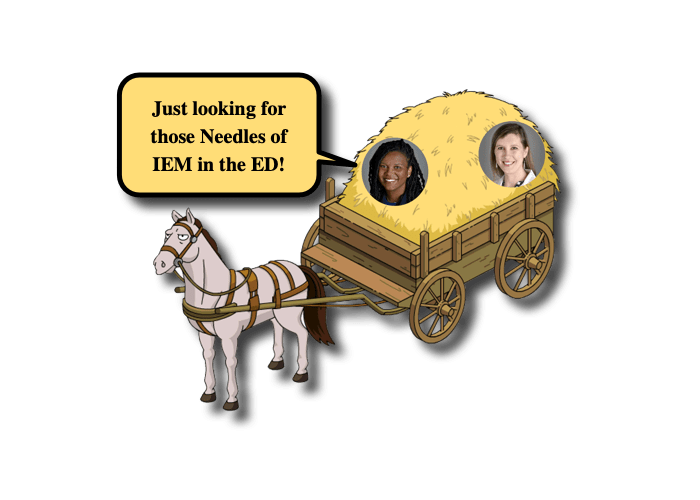
Inborn Errors of Metabolism can be challenging to diagnose and manage in the ED, but we should be familiar with the basic issues. Let's take a moment to rebake a morsel on this important topic of Inborn Errors of Metabolism presenting to the ED.
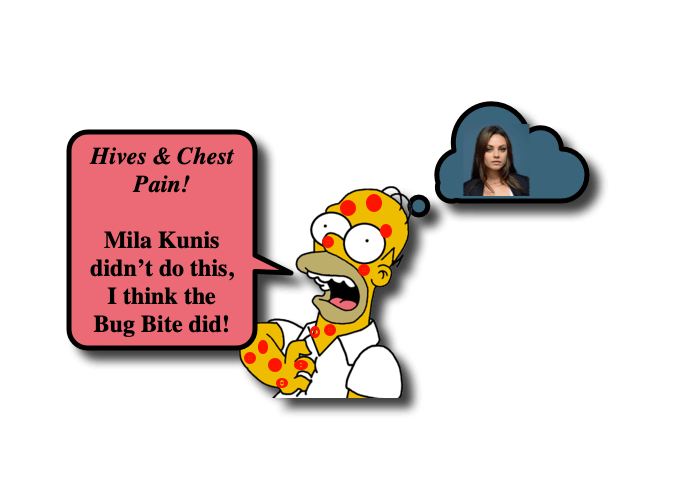
But what happens when the two (allergic reaction and cardiac insult) mix together? Badness, that’s what... and the offspring’s name is Kounis Syndrome. Let’s explore how an allergic reaction can cause a child to essentially have a heart attack.
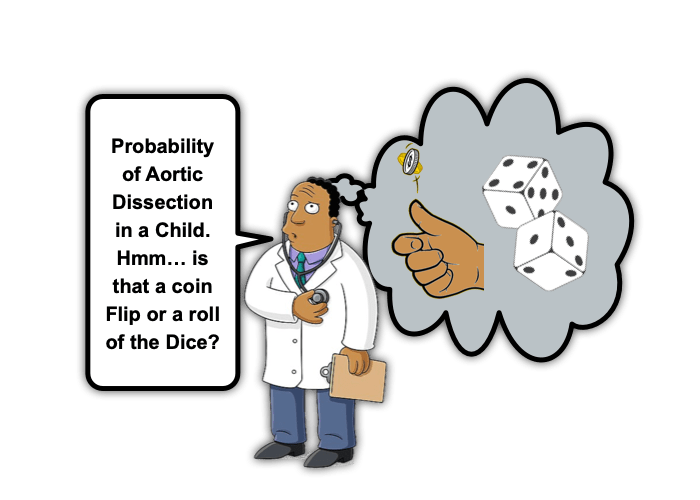
Acute Aortic Dissection in Children is very rare, but it does occur and can be devastating. Let's discuss it so we can remain vigilant and attempt to beat the fates.
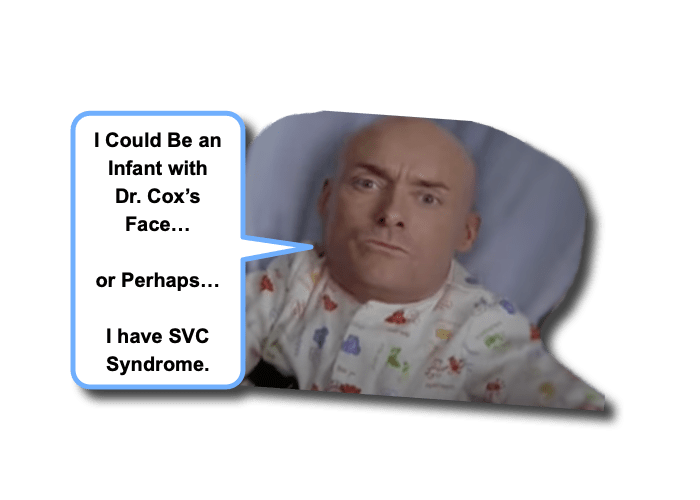
Superior Vena Cava Syndrome may occur in children and has significant morbidity and mortality. Let us review SVC Syndrome in children.
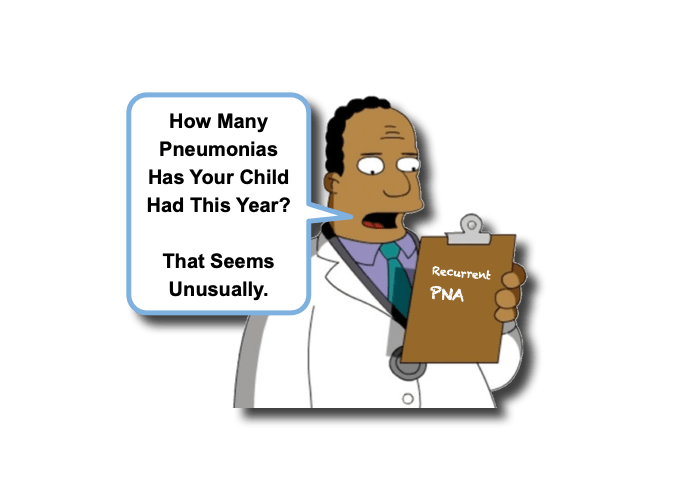
Recurrent Pneumonia in pediatrics may be encountered in the ED and we should consider its implications.

Atrial Flutter in Children is rare, but my be a clue to something ominous.